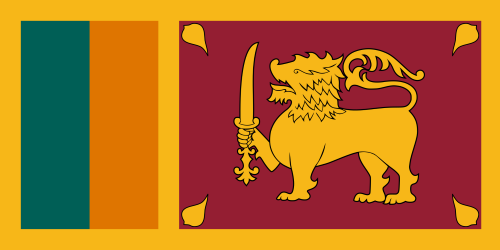SITREP – Crisis in Sri Lanka
July 14, 2022

What has Happened: In our May 2022 ATW, we addressed the devastating economic crisis in Sri Lanka and some of the underlying factors including the high cost of debt capital associated with Chinese loans. The government owes $51 billion in total and is currently in default as it cannot make interest payments (it had previously reached out to China, India, and the IMF for assistance). High inflation brought on by the war in Ukraine and other factors, including a government ban on chemical fertilizers, have driven up the costs of food and fuel nationwide (inflation was near 40% and food ... SITREP – Crisis in Sri Lanka


